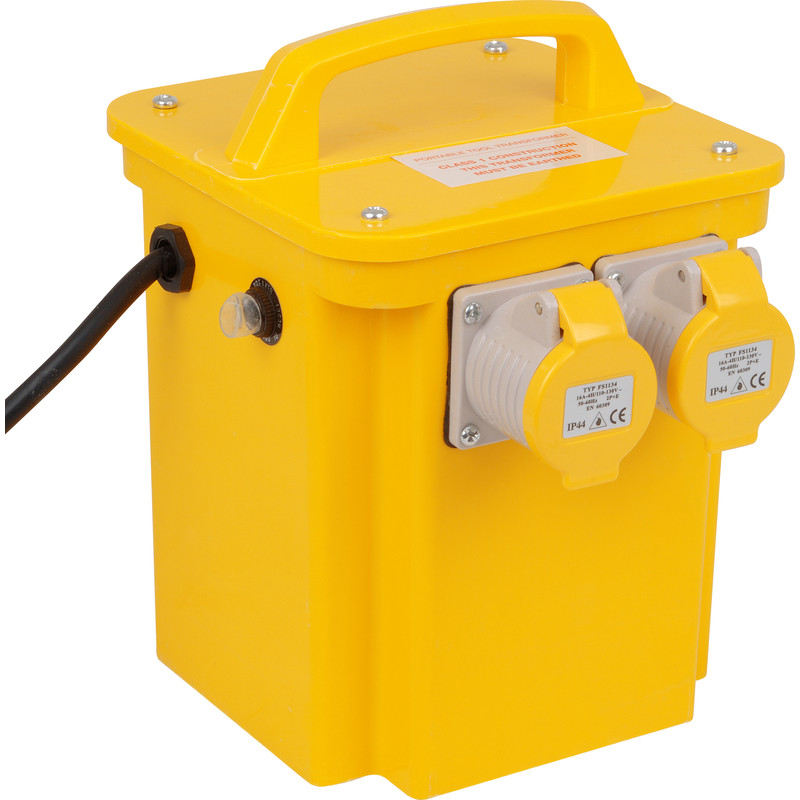Hi everyone,
I am beginning a house restoration, so despite this being my first post, no doubt there will be more to come over the coming months.
I picked up some 110v power tools from an ex joiner offering 70% off his festools but wanted to check:
1. Should I be expecting some loss or change in performance compared to a 240v equivalent (chop saw, sander, vac)
2. Is the best way to power these in a home environment to get a 'portable' 240v - 110v converter box or just a straight socket to socket converter (1/4 of the price). These won't be used 'on site', and only really one at a time
3. Any wiring/plugs/fuse requirements I should be checking for in the house circuit?
Thanks and looking forward to a steep learning curve
Adam
I am beginning a house restoration, so despite this being my first post, no doubt there will be more to come over the coming months.
I picked up some 110v power tools from an ex joiner offering 70% off his festools but wanted to check:
1. Should I be expecting some loss or change in performance compared to a 240v equivalent (chop saw, sander, vac)
2. Is the best way to power these in a home environment to get a 'portable' 240v - 110v converter box or just a straight socket to socket converter (1/4 of the price). These won't be used 'on site', and only really one at a time
3. Any wiring/plugs/fuse requirements I should be checking for in the house circuit?
Thanks and looking forward to a steep learning curve
Adam



































